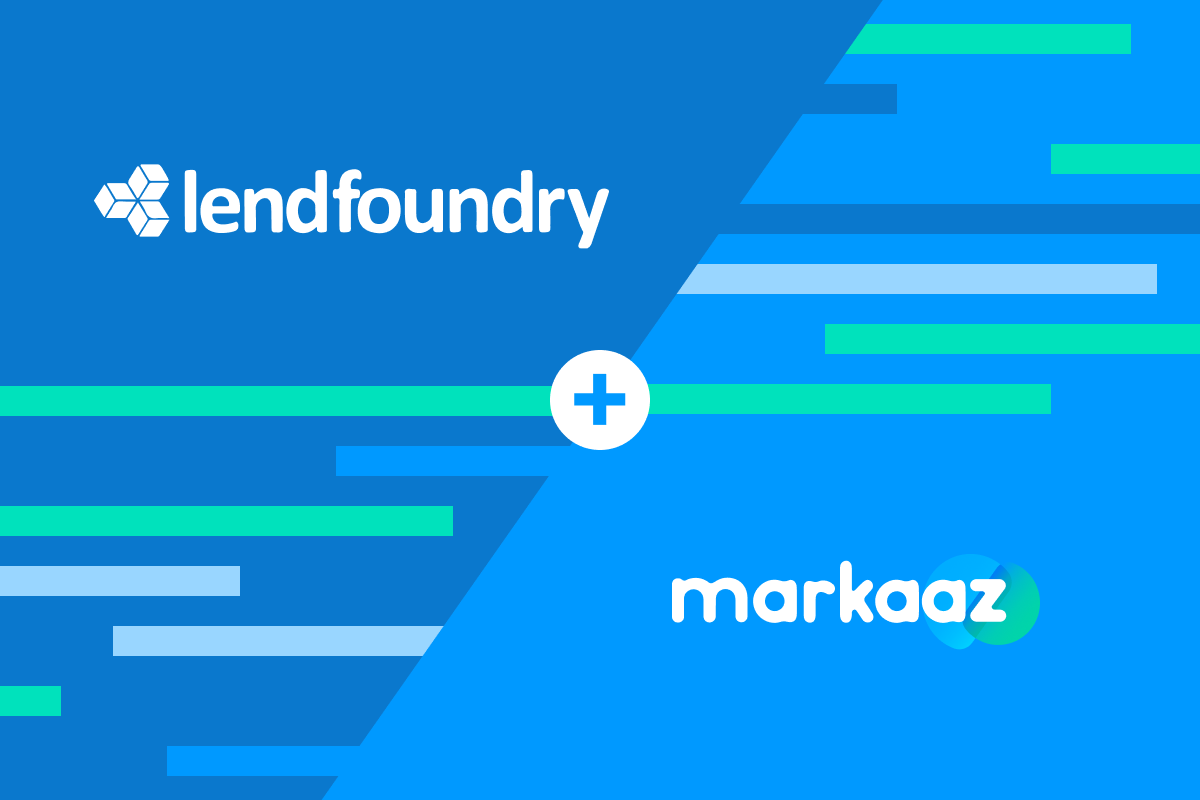To start a small business, you’ll need access to money to fund the initial startup and operating expenses associated with launching your company.
The amount of money you will need to start your small business depends on the nature of your business. For example, a company that needs a facility, raw supplies, office space, office furniture, and staff members to open needs more small business funding than sole proprietorships that are home-based and offer services or a single product.
There are many different strategies that you can use to fund your business. There is no one size fits all solution to funding businesses, as it will depend on your concept, type of legal entity, personal financial history and assets, and the market. In this guide, learn more about how to fund your small business.
What is business financing?
Small businesses require financing to get started and to keep running. Business financing is the act of providing funds for a business. The funds can come from many sources, such as personal savings, loans from friends or family, or loans from a community bank or other financial institutions.
Repayment of the loan is typically made over time, with interest. An investor may also provide financing for a small business in exchange for equity in the company. This is sometimes called equity funding or equity financing. Lenders will often require collateral, such as a piece of equipment or real estate, in case the borrower cannot repay the loan.
How much does it cost to start a business?
Starting a business can be a costly endeavor. You’ll need to factor in market research costs, registering your business, and other associated expenses. The Small Business Administration has a helpful guide outlining the average cost to start a business and the different costs you will need to calculate based on your chosen business.
Depending on the amount of market research you need to do and the type of business you’re starting, you could be looking at a few thousand dollars just to get started.
To start a business, you need to get your business registered and licensed. The amount of market research and planning required to start a business can range from a few hundred dollars to tens of thousands of dollars. However, there are plenty of ways to cut costs and save money when starting a business, so getting your business off the ground without breaking the bank is possible.
Figure out how much funding you will need
To start a business, you must figure out how much funding you will need. The total amount required will depend on the business type you want to start. This can be done by creating a business plan. This will help you figure out how much money you’ll need to get your business off the ground. Once you know your funding needs better, you can start looking for investors.
Once you have a plan, you can start approaching potential investors. Keep in mind that most investors will want to see a return on their investment, so be prepared to offer them accurate forecasts and projections for your business venture and a percentage of your company.
How to find funding
One common challenge that small business owners face is securing funding. There are many ways to finance a small business, including personal savings, loans from friends or family, investment funds, credit cards, and small business loans from financial institutions.
For many small business owners, seeking out small business financing is the best option. Several different types of financing are available, including government-backed loans, lines of credit, and venture capital investors. The best way to find the right funding for your business is to work with a professional who understands the ins and outs of small business financing.
When seeking funding for your new business, the most important thing to remember is to be prepared and clearly understand your financial needs. By researching and being prepared, you will increase your chances of securing the funding you need to get your business up and running.
What small businesses need to apply for funding
To apply for funding, small businesses need to have a strong business plan that outlines their financial goals and how they intend to achieve them.
You must gather documents and information about your business and personal accounts. This includes your financial statements and a description of your business’s products or services. You will also need to provide information about your personal finances, such as your credit score and income.
Ideally, the owners and founders of your company have a good credit score and a history of financial responsibility. Additionally, you should be able to demonstrate that your company will have a solid customer base and a strong market demand for its product or service.
How do I qualify for a business loan?

To qualify for a business loan, you must have a strong credit score and a solid business plan. You will also need to show how you will use the loan to fund your business. Small businesses often have more difficulty qualifying for loans because they are considered a higher risk. However, many options are available for small business funding, so do your research.
Importance of having strong business credit scores
The importance of having strong business credit scores cannot be underestimated. A good business credit score is essential for obtaining the funding you need to start and grow your small business. Lenders will often look at your business credit history when considering whether to provide you with a loan or line of credit.
A strong business credit score can also help you get better terms from suppliers. Therefore, it is essential to take steps to improve your business credit score. You can do this by paying your bills on time, maintaining a good credit history, and using a business credit monitoring service.
Strong credit scores validate applications for financial institutions
Whether you plan to launch a brand new business or want to expand your existing one, it is important to have a strong credit score. A good business credit score can help your business prove its creditworthiness.
However, great personal credit scores for the business owner and any key players are more important. It shows that you are responsible with money and would be more likely to repay the money you borrowed.
Types of financing
There are many different types of funding, each with its advantages and disadvantages. To understand which option might be the best for your needs, it is smart to learn more about all available options. Here is an overview of the most common types of small business funding:
Bootstrapping
Bootstrapping is a common method for funding a new business. This involves using personal savings, lines of credit, or other forms of credit to help fund your small business. A business plan is essential for this process, as it will help you determine the best way to use your available resources.
Bootstrapping can be an excellent option for businesses starting up or expanding, as it can help you get the funding you need without giving up your company’s equity. It can also be an excellent way to test your business idea before seeking outside funding.
Small business loan
Small business loans are a great way to access the capital needed to start or grow your business. There are many lenders out there, including traditional banks and credit unions, that are willing to lend to small businesses.
Even if your business is new, you can still qualify for a small business loan. The key is to find a lender willing to work with you and offer terms you can afford. Repaying your loan on time is also essential, as it will help you build up your credit and improve your chances of getting future loans.
If your business is new, you may have difficulty securing a loan from a traditional lender. In this case, you can look into special programs for new businesses or alternative lenders such as online lenders. Whichever route you choose, ensure you understand the loan terms and are confident in your ability to repay it.
Credit cards
If you’re starting a new business, you may not have the track record or personal credit score to qualify for a traditional business loan. However, you can still use a personal credit card to start your business. This can be a good option if you have a strong personal credit history and a good credit score. You’ll likely get a lower interest rate on your personal credit card than on a business credit card or traditional bank loan, and you won’t have to put up any collateral.
However, this option can be risky if you cannot make your payments on time. If you miss a monthly payment, your personal credit score will suffer, and it will be more challenging to get financing in the future.
Private investors
Private investors are individuals or groups who invest their money in businesses. Angel investors are private investors who usually invest smaller amounts of money than other investors. They may also provide guidance and support to the business owner.
Private investors expect to be repaid for their investment and may have a say in some business decisions. However, they can provide businesses with the capital to start or expand.
Crowdfunding
Crowdfunding is a way of raising money by asking for small donations from many people. Crowdfunding sites like Kickstarter allow people to make pledges to support a project or cause. The money generated from the crowdfunding platform can then be used to fund the project or cause. To start, you’ll need a clear business model and funding goal.
A crowdfunding campaign is a great way to support small businesses and entrepreneurs who might not otherwise have the resources to get their projects off the ground. It also allows people to connect with causes they care about and feel they are making a difference on crowdsourcing sites.
Venture capital
Venture capital is money investors give to businesses with high business growth potential in exchange for an ownership stake in the company. The interest rates charged by venture capital firms are typically higher than those of traditional loans, as the business’s cash flow may be more erratic.
As such, it’s crucial to have a solid business plan when working with venture capitalists. Remember that not all investors will give you money; some may only offer advice or become a business mentor.
Small business grants
Small business grants can be a great way to get funding for your business. The Small Business Administration (SBA) offers a variety of grants for small businesses. To be eligible for grant money, you must have a sound business plan and show that your business will create jobs and promote economic development.
Government grants and subsidies
Government grants and subsidies can help fund your business. There are many different types of government grants, each with a lengthy application process. You will need to research the various types of grants and how to apply for them.
Government subsidies for businesses can come in many forms, but typically they’re given to help certain industries or businesses in specific locations. For example, the government may provide a subsidy for an automaker to build a new factory in a rural area. This helps create jobs and boosts the economy in that region.
Startup incubators
A startup incubator can be a great way to fund your business. By joining a business incubator, you can receive investors’ funding and access to resources and mentorship. This can help you get your business off the ground and make it more successful while keeping the cost reasonable.
Personal loans
Personal loans can be a great way to fund your business. You can borrow the money you need and repay it over time. This can give you the flexibility to start or expand your business.
There are a few things to consider before you take out a personal loan, such as how much you can afford to repay and what the interest rate will be. You should also compare different lenders to see who offers the best terms.
How can I get a small business loan without collateral?
Small business loans can be a great way to get the funding you need to start or expand your business. However, many small business owners don’t have the collateral to get a loan from a traditional lender. A few funding options are available if you’re wondering how to get a small business loan without collateral.
One option is to apply for a microloan. Microloans are small loans typically given to businesses with little or no collateral. Another option is to look for lenders who specialize in small business loans and don’t require collateral. You may also be able to get a personal loan from a friend or family member if you’re willing to put up your personal assets as collateral.
Ultimately, the best way to get a small business loan without collateral is to prepare a strong business plan and approach lenders confidently. If you can show lenders that you have a solid plan for your business and the ability to repay the loan, you’ll be more likely to get approved, even without collateral.
Can I borrow from my 401(k) to start a business?
You may be able to borrow from your 401(k) to fund your small business, but there are some risks involved. Before borrowing from your 401(k), consult a financial advisor to see if it’s the right move. It will depend on a number of factors, including your age and the institution where your 401(k) is located.
Borrowing from your 401(k) can be a quick and easy way to get the money you need to start your business. If your business is successful, you’ll be able to pay back the loan with interest, which can boost your retirement savings.
However, there are also some downsides to this approach. For one thing, if your business fails, you’ll not only lose the money you borrowed, but you’ll also have to pay taxes on the loan and a 10% penalty if you’re under age 59 1/2. Additionally, while you’re repaying the loan, your 401(k) account will be reduced by the amount of the loan plus any fees and interest charges, which could set back your retirement savings.
Ways to make your business look good to lenders and investors
You can do a few key things to make your business look good to lenders and investors. First, have a detailed business plan that outlines how you will generate revenue and achieve profitability. Will you generate all of your business revenue from sales on big-ticket items, or will your annual revenue come from the sale of consumer products?
You can start with an online business plan template. Include any cash flow statement, proof of liquid cash, and other evidence of financial security to increase your likelihood of approval and reduce approval time. You can use business accounting software to generate these key business records.
Be sure to have a strong management team in place with the experience and expertise to execute your plan. Potential lenders want to see that your team can meet this debt obligation.
Finally, be realistic about how much funding you will need to get your business off the ground, and make sure you clearly understand how you will repay any loans or investors. These steps will increase your chances of securing the funding you need to start or grow your business.
How can a startup loan help your small business grow?
A startup loan can help your small business grow in a number of ways. It can provide the initial funding you need to get your business off the ground. It can help you expand your business by providing additional working capital. Finally, a startup loan can help you build your credit history, which will be important when you apply for future loans.
Connect with potential funding opportunities through Markaaz
Building strong professional connections can make the difference between successfully securing outside funding for your new business and bootstrapping it. On Markaaz, you can claim your business listing in our Directory and access customized financing offers from our partners. Create your account to get started today.




